As a teacher of global studies and an American citizen, my interest in politics is both professional and personal. Though more often bemoaned as a "failure of democracy," the wild, woolly 2016 U.S. presidential election now looks to me more like a complicated triumph for unbridled capitalism. A tycoon who has brazenly boasted of his tax avoidance strategies now inhabits the White House; his son-in-law — a man who allegedly bought his way into Harvard — has been anointed the president's special adviser.
During the campaign itself, corporate values were simultaneously validated and repudiated by both sides. While President Donald Trump's inauguration augurs a sea change for the world, one thing now seems clear in this roiling ocean of uncertainty: More than ever, education must guard against breeding elitism and entitlement.
Yet across the globe, international schooling is big business. Murky contradictions to the surface values of diversity and transparency flourish, spreading like mold under the camouflage of progressive curriculums. But despite the hefty tuition fees, an international school should not be a breeding ground for exclusivity. For students who cannot attend local schools due to language or other obstacles, these institutions are essential. For all its students, an international school should be an authentic lesson in global collaboration.




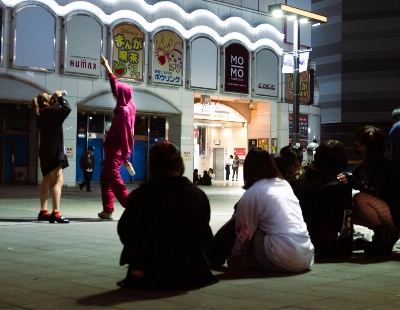
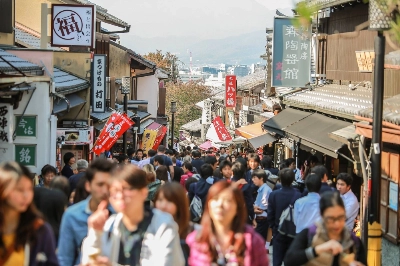
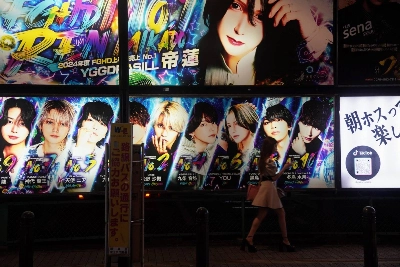
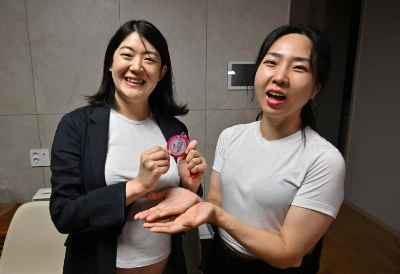
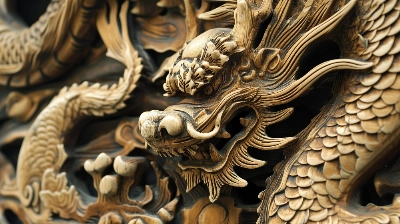










With your current subscription plan you can comment on stories. However, before writing your first comment, please create a display name in the Profile section of your subscriber account page.